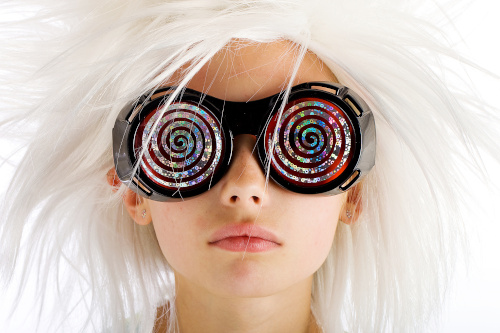Some years ago, when I was still working as a teacher, I had a student come to me in a state of distress. Like many young people her age, she was having trouble fitting in. Everything from her hair to her clothes to her overall demeanor made her stand out, and as a result, some of her fellow students had taken to calling her a “weirdo.” I am not proud of everything that I’ve done in education, but I am proud of what I told her next. I told this student the truth.
I told her that she WAS weird – and that all of the best people are. I told her she was one of my favorite students because of what made her unique. I told her I would do everything I could to make the school safer for weirdos like her, and that in the outside world, all the great advancements came from people who didn’t fit in.
Every educator knows that weirdness is what makes our students grow. After all, curiosity, creativity, and critical thought don’t bloom in a stagnant mind. So instead of wringing our hands over the social ecosystem, let’s encourage our students to think weirder.
Here are just three benefits to letting students embrace their inner weirdness:
- Innovation: Innovation requires weirdness. All creativity is, by definition, different from everything else that’s out there. One method for promoting innovation in our own classrooms is by encouraging students to find alternative pathways to answering a question. For instance, once they know that 35+17=52, see how many other ways they can come up with the exact same sum (35+20-3, 35+10+7, etc.). Or, if you really want to shake things up, ask students to think of the best wrong answer to a question — the answer that is the most incorrect or which highlights a common misconception. This approach teaches students to seek out new perspectives and approach ideas with an outside-the-box mindset.
Related:
The 3 pillars of meaningful learning
How to make project-based learning a reality
- Are substitutes the answer to the teacher shortage? - June 13, 2023
- Preparing for ransomware attacks begins with education - June 13, 2023
- How to use UDL-inspired technology to reengage students - June 12, 2023

